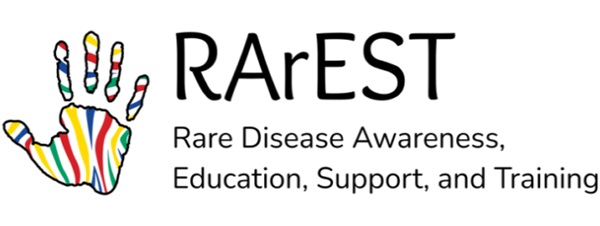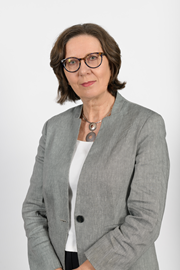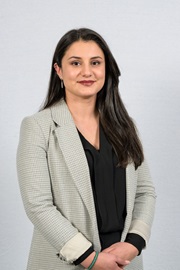RArEST Project
Rare Disease Awareness, Education, Support and Training (RArEST) Project

The Rare Disease Awareness, Education, Support and Training (RArEST) Project is led by the Centre for Healthcare Resilience and Implementation Science at the Australian Institute of Health Innovation.
Project members - Macquarie University
|
|
| Professor Yvonne Zurynski Project Lead | Christina Rojas Project Officer Contact: christina.rojas@mq.edu.au |
Project description
The Rare Awareness, Education, Support and Training (RArEST) project has developed and delivered rare disease awareness resources, education, support, and training with a focus on mental health, and social and emotional wellbeing. Stream 3 of the RArEST project was led by Associate Professor Yvonne Zurynski. The focus of Stream 3 is on building capacity in meaningful consumer engagement and co-design throughout the Rare Disease sector.
Stream 3 of the RArEST Project had three key deliverables, including delivering the Taking Action Together Toolkit, establishing an Australian Rare Disease Organisations Community of Practice (ARDO-CoP), and conducting three Health System Simulation Workshops. Brief descriptions of each deliverable are provided below.
Taking Action Together Toolkit: Improving Health and Wellbeing Outcomes for Australians Living with a Rare Disease
This Toolkit is a multidisciplinary Toolkit that was produced by the rare disease sector, for the are disease sector. It focusses on the health system and aims to build capacity among the rare disease sector to advocate for improving health and wellbeing for people living with a rare disease. It includes case studies from four stakeholders, including Rare Voices Australia, Mito Foundation, SATB2 Connect, and a paediatric neurologist. It also includes four approaches commonly used by advocates in the rare disease sector: networking and collaboration, communication and storytelling, co-design, and patience, persistence, and flexibility.
The Toolkit is available on the Rare Voice's Australia website.
For summaries of the concepts mentioned in the Toolkit, download the one-pagers below:
What does it mean to live with a rare disease?
Co-design and the person-centred approach
Australian Rare Disease Organisations Community of Practice(ARDO-CoP)
The ARDO-CoP is a direct response to the consultation undertaken with rare disease organisation leaders, who identified a need for greater connection, and sharing of knowledge expertise, approaches and experiences for mutual support and capacity-building for systemic advocacy among Australian rare disease organisations.
The ARDO-CoP encourages collaborations and partnerships beyond the group, actively seeking potential speakers to discuss pertinent issues related to rare diseases. Its goal is to produce a collective, evolving pool of knowledge and expertise by sharing learnings and resources. Each member has equal opportunity to participate to the extent they choose, according to their needs, and capacity. New members are welcome to participate.
Health System Simulation Workshops
Under Stream 3, three Health System Simulation Workshops were delivered, focussing on three key issues that impact people living with a rare disease, including integrated, co-designed care systems, transition care from paediatric to adult care, and co-ordinated, whole-of-life-care in rural, regional and remote areas. These simulation workshops require participants to move out of their usual role and take on the role of another stakeholder within the rare disease sector. These workshops are a lot of fun, a great source of networking and collaboration, and help people within the rare disease sector to build their capacity in advocating for people living with a rare disease.
If you would like to know more, please visit our AIHI YouTube channel where we have hosted videos from a number of Health System Simulation Workshops, targeting the challenges young people living with a rare disease face when transitioning from adult to paediatric care.
To read about each simulation workshop, please see the written summaries here.
Funding acknowledgement
Related stream of research
Complex Systems and Implementation Science Research Stream
Related resource
Project status
Current
Centres related to this project
Content owner: Australian Institute of Health Innovation Last updated: 24 Jul 2024 9:32am


